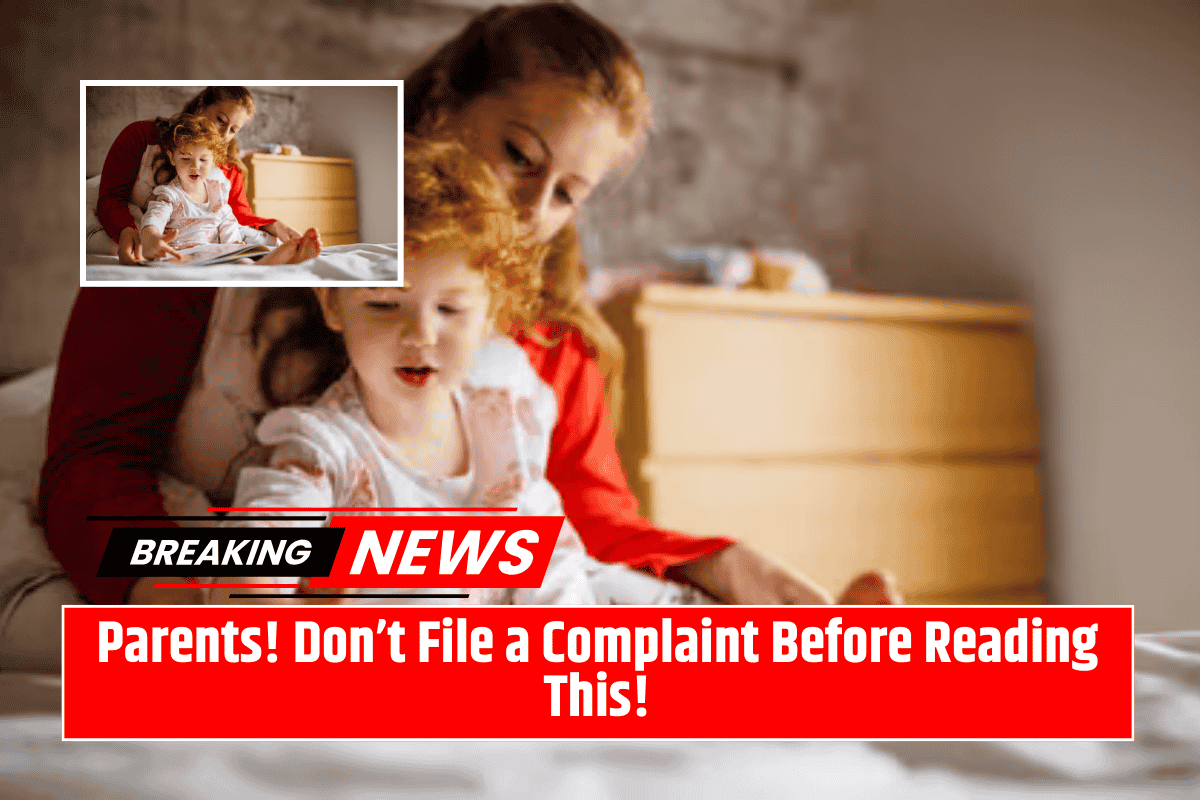At Osborne Co-operative Academy Trust, honesty and integrity matter. That’s why we encourage everyone involved with the Trust to speak up if they suspect something is wrong. This whistleblowing policy is here to help employees, volunteers, contractors, and others report concerns safely and in confidence.
This policy is based on the values of equality, fairness, self-responsibility, and caring for others. It follows UK laws like the Public Interest Disclosure Act 1998, which protects people who report serious concerns in the public interest.
What Is Whistleblowing?
Whistleblowing means reporting concerns about wrongdoing, misconduct, or risks that affect others – like students, staff, or the public. It doesn’t include personal complaints (like disagreements over pay or working conditions). These should be raised using grievance or complaints procedures.
You don’t need solid proof to report a concern – a genuine belief that something might be wrong is enough.
Examples of whistleblowing concerns include:
- Fraud or misuse of funds
- Criminal activity
- Breaches of health and safety rules
- Damage to the environment
- Breaches of policies or professional conduct
- Attempts to cover up any of the above
Who Can Use This Policy?
All employees, governors, trustees, contractors, agency workers, and volunteers can use this policy if they suspect serious wrongdoing. We support open reporting and aim to protect whistle-blowers from harm or unfair treatment.
How to Raise a Concern
Step 1: Raise It Internally
You should report the issue to your line manager first. If the concern involves them, you can report it to someone more senior, such as the Headteacher, Head of School, Chair of Governors, CEO, or Chair of the Trust.
For child protection or safeguarding concerns, report immediately according to the school’s safeguarding policy.
Step 2: Report to an External Body (If Needed)
If you feel the concern is too serious or sensitive to raise internally, you may report it to an external prescribed body. Some examples include:
- Education & Skills Funding Agency – For financial issues
- NSPCC Whistleblowing Helpline – For child protection concerns
- Information Commissioner’s Office – For data issues
- Health and Safety Executive – For safety risks
If you speak up verbally, try to follow it up in writing too.
What Happens After You Report
Investigation
The school or Trust will carry out an investigation. It may involve you and others giving statements. Your name can be kept private if you request anonymity, but in serious cases, this might be harder to guarantee.
You can bring a union representative, friend, or colleague with you to any meeting.
Outcome
Once the investigation is done, you’ll be informed of the outcome and what action is being taken – unless your report was anonymous. If no action is taken, you’ll be told why.
Still Concerned?
If you believe the matter wasn’t dealt with properly, you can raise it again with another senior leader or a relevant external body.
Other Related Issues
Public Complaints
If a member of the public raises a concern, the formal complaints procedure is followed unless it involves a staff member, in which case the disciplinary process may begin.
Fraud or Criminal Offences
If the matter is serious (like fraud or theft), the police, auditors, or other authorities may be involved. Any fraud over £5,000 must be reported to the Education & Skills Funding Agency.
Protection for Whistle-blowers
- You won’t face any punishment for raising a concern in good faith.
- Your job, promotion chances, or training will not be affected.
- If you face victimisation, report it. The Trust will take it seriously and treat it as a disciplinary issue.
- We will support you throughout the process, including access to the Employee Assistance Programme (EAP) or independent advice from the charity Protect (www.pcaw.org.uk).
Malicious Claims
Making a deliberately false claim is a serious issue. If found to be malicious, it could lead to:
- Disciplinary action for staff
- Ending contracts for external workers
- Legal action for third parties
Data Protection
All personal data gathered during whistleblowing will be handled according to GDPR and the Data Protection Act 2018. It will be kept secure and only shared when necessary to handle the issue.
Osborne Co-operative Academy Trust wants to create a culture of honesty, safety, and accountability. Whistleblowing is not about getting others into trouble – it’s about doing the right thing to protect others. If you believe something’s wrong, you have the right – and our support – to speak up.












